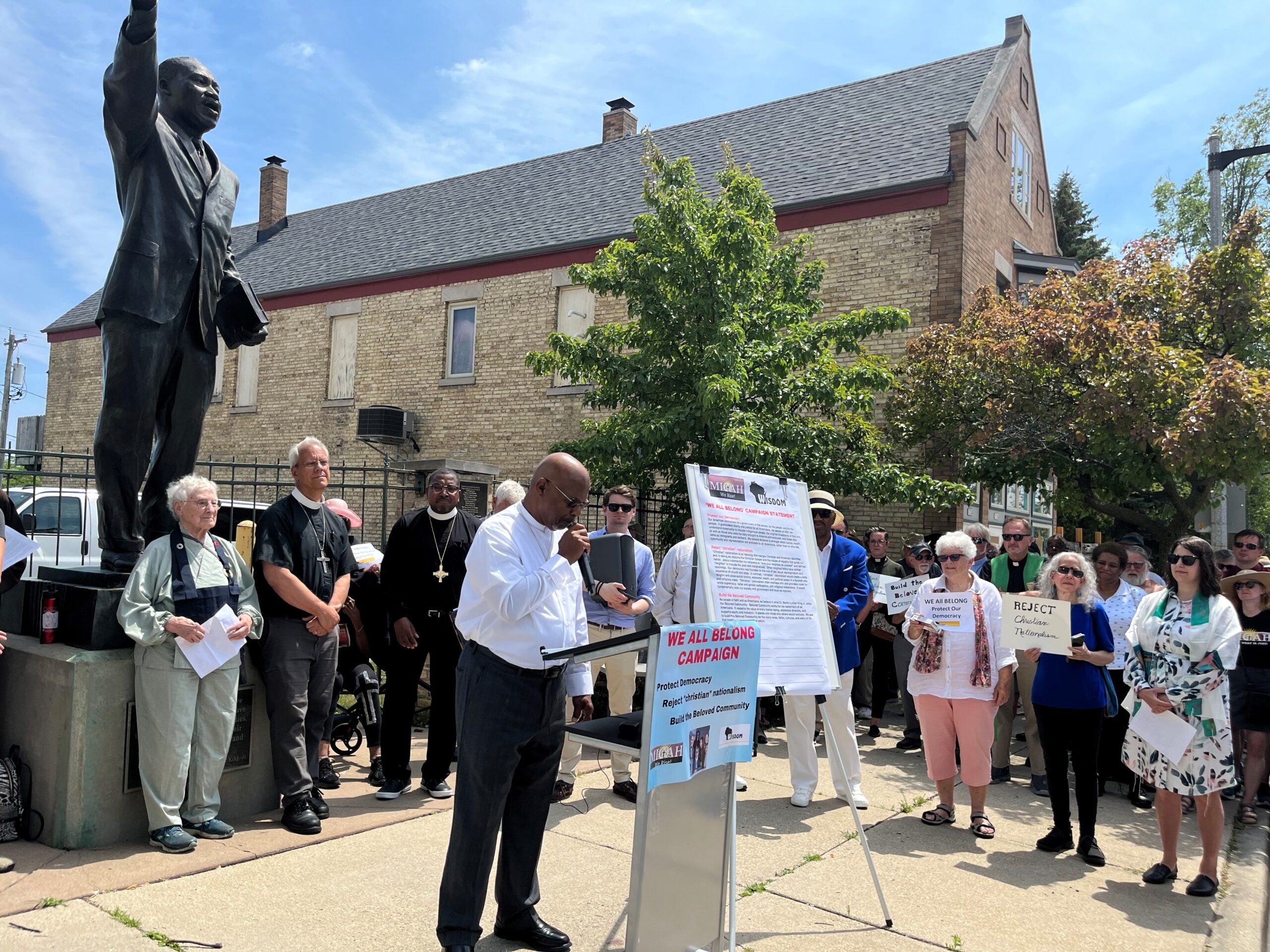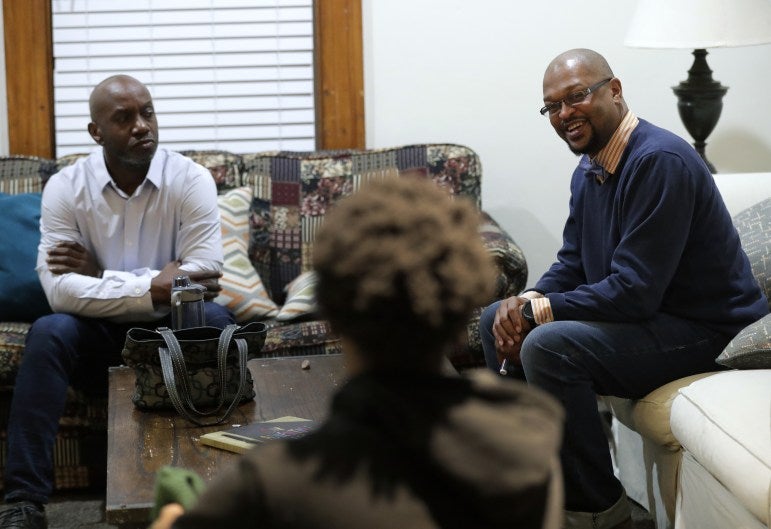Republican leaders in the House of Representatives pulled their signature health care bill from consideration after being unable to reach consensus. We’ll speak with a health care reporter about what’s in store for the Republicans after this defeat today. A recent survey shows that white Evangelical Christians are less likely than other groups to agree that Muslims face a lot of discrimination in America. In fact, they were more likely to say that Christians were discriminated against. A guest joins us to break down the results. A news editor also talks with us about the week’s biggest Wisconsin news stories.
Featured in this Show
-
State News Roundup For March 24, 2017
On Thursday a package of bills aimed at cracking down on drink driving offenders in Wisconsin got a public hearing at the state Capitol. WPR’s Capitol Bureau Chief joins us to talk about this and other top news stories from the past week.
-
White Evangelicals Are Less Likely Than Most To Say Muslims Face A Lot Of Discrimination
A recent survey from the Public Religion Research Institute looked at how discrimination towards Muslims and Christians is perceived in America. Most Americans were more likely to say that Muslims face a lot of discrimination, except for one group: white Evangelicals, who were more likely to say that Christians face a lot of discrimination. One of the experts behind the survey tells us what that says about how religious groups see themselves in America.
-
White Evangelicals Say They Face More Discrimination Than Muslims
In February, the Public Religion Research Institute asked Americans which group faces “a lot” of discrimination, Muslims or Christians.
Overall, a majority of Americans were more likely to say Muslims face discrimination. Catholics, mainline Protestants and religiously unaffiliated Americans were about twice as likely to say Muslims face a lot of discrimination. But more than half of white evangelicals said Christians face more discrimination than Muslims.
According to the survey, 57 percent of white evangelicals say there’s a lot of discrimination against Christians in the United States today, while 44 percent said the same thing for Muslims in the United States. White evangelicals were the only major religious group more likely to perceive more discrimination against Christians than Muslims.
The nonprofit asked people about discrimination against many groups: LGBT, immigrants, African-Americans, Muslims, whites and Christians, said PRRI’s CEO Robert Jones.
“Out of all of those groups actually, white evangelicals say Christians face far more discrimination,” Jones said.
Jones said white evangelicals have what he calls a “persecution mentality” because cultural changes and demographic changes have put the group on the defensive.
He mentioned the “Moral Majority” in the 1980s and 1990s, when the Christian right was at the center of politics and American culture. Now the era of Moral Majority is over, and there have been shifts in key, bellwether issues, such as same-sex marriage.
“Just from the beginning of President Obama’s tenure, in 2008, only 4 in 10 Americans supported same-sex marriage,” Jones said. “Our last numbers have that number at 63 percent support … So just in the last 10 years we’ve gone from basically 4 in 10 supporting same-sex marriage to 4 in 10 opposing same-sex marriage.”
As far as demographics go, Jones said the U.S. has changed over the last 10 years. White Christians used to be the majority in the U.S. and are now a minority.
“We’ve gone from a country that was 54 percent white and Christian in 2008, (and) our latest numbers have that number down at 43 percent, so a drop of 11 percentage points over the last decade,” Jones said.
There’s more proof of these demographic changes in the number of white evangelicals in each generation.
Jones said looking at generations alive today, about two-thirds of seniors identify as white and Christian, but the number of white Christians in the millennial generation is a little less than 1 in 5 people. He said the generations in between seniors and millennials are a linear, stair step pattern. That means the younger a generation is, the fewer white Christians there are.
“Those two factors — the shifts in culture, the shifts in demographics — that I think have evangelicals feeling on the defensive and like the rest of the country is moving to a different place than they are,” Jones said.
In the study, PRRI noted differences by generation, political party and religious background.
For example, Democrats are more than four times as likely to say Muslims face a lot of discrimination than Christians. On the other side, Republicans are almost equally as likely to say Christians and Muslims face a lot of discrimination in the U.S. today.
-
House Republican Leaders Pull Health Care Bill From Floor
The American Health Care Act was meant to be the GOP’s replacement to President Obama’s Affordable Care Act. But House Republican leaders pulled the bill before it could be voted on because they couldn’t secure enough support from members of either party. We speak with Amy Goldstein of The Washington Post about the news.
Episode Credits
- Rob Ferrett Host
- Veronica Rueckert Host
- Amanda Magnus Producer
- Haleema Shah Producer
- J. Carlisle Larsen Producer
- Shawn Johnson Guest
- Robert Jones Guest
- Robert P Jones Guest
- Amy Goldstein Guest
Wisconsin Public Radio, © Copyright 2025, Board of Regents of the University of Wisconsin System and Wisconsin Educational Communications Board.



